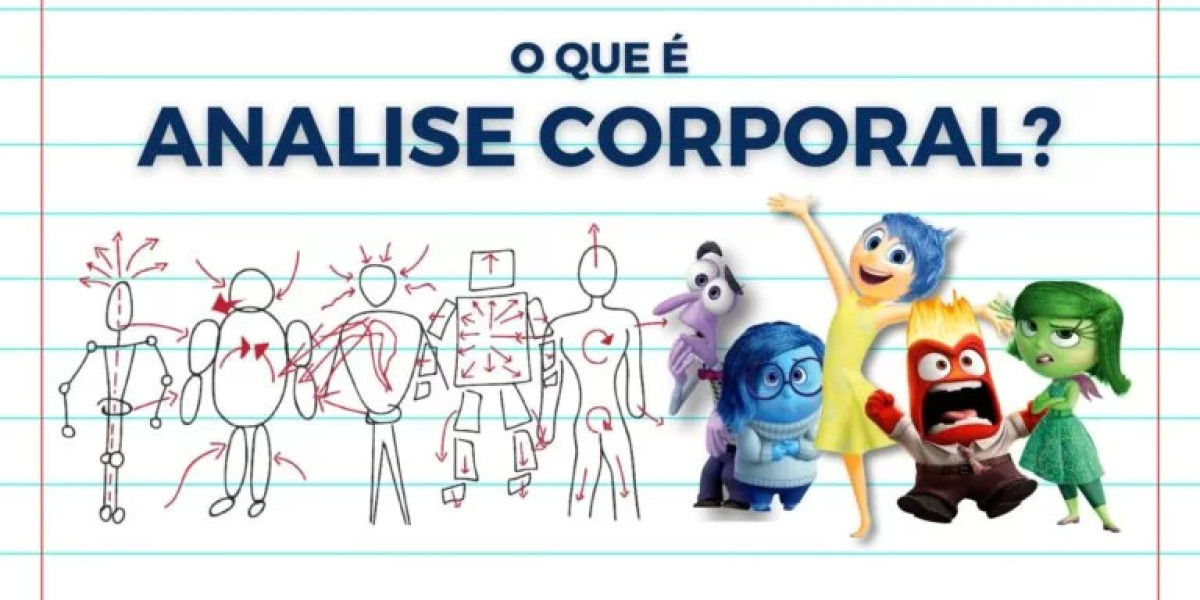We reside in a tradition that encourages us (at best) to disconnect from our our bodies and (at worst) to hate our bodies. From the youngest ages, we are taught to distrust our bodies, to attempt to overrule them, to force them into submission. And when our defiant bodies refuse to submit, we blame ourselves. In this context, loving your physique is usually a radical act. Long, lean, easy, and comely, my ever-youthful Ken and Barbie dolls clearly had it made. Their good smiles beamed with joy irrespective of what quantity of times I accidentally dropped them in the toilet or threw them down the stairwell. Shining and glorious, past sickness and dying, their changeless our bodies would remain as their maker intended, and patented them, to be.
Resting in your personal method will assist you to rejuvenate a lot sooner and feel good in your body. Give your self permission to decelerate, enjoy the particular moments, and deal with yourself. Here are a couple of different ways to decelerate in your day by day life. When you go searching your environment, do you're feeling a burst of joy? If not, the following step is to create an environment you absolutely love. If you don’t know where to start, or you simply choose guided meditation, I would advocate downloading an app.
At any moment, someone’s aggravating conduct or our own dangerous luck can set us off on an emotional spiral that threatens to derail our entire day. Here’s how we are able to face our triggers with less reactivity in order that we can get on with our lives. If self-sabotaging behavior appears to be getting in the way of your day by day objectives and activities, seeing an expert is an effective possibility. "Gaining awareness of one’s triggers is important to avoiding self-sabotaging behaviors," explains Dr. Pennington. You can do this introspective practice alone or with the help of associates, psychological health professionals or trusted non secular guides. When we procrastinate or keep away from, our anxiousness about whatever we’re avoiding tends to extend.
Five Practices for a Healthier Emotional Life
Many occasions, individuals who procrastinate don’t suppose to make use of a strategy for getting started—even though many exist (and are outlined in my book). By figuring out your six or seven favourite strategies, you’ll at all times have one that’s relevant and feels achievable in O que Significa passar A língua nos lábios? specific scenario. While pursuing goals usually comes with challenges, people who self-sabotage engage in behaviors and hold beliefs that get in their own method. Despite knowing which actions would possibly help them obtain their targets, they're drawn to do the opposite—unconsciously or consciously collaborating in habits that make them much less likely to succeed.
Once you recognize it you presumably can ask your self is it rooted in fear or elsewhere? Take time to course of this, write about it, speak about it, think about it. In the tip, there are tons of issues and workouts you can do to keep away from procrastination (omg, did I literally simply write that haha. The bittersweet paradoxes of life). But in the end the origin of all your doings must come from a spot that genuinely, intrinsically needs to alter.
If you’re reading this article, chances are it’s for considered one of two causes. Either you have a sneaking suspicion that you’re getting in your individual way, or somebody has identified a pattern of conduct that you just don’t particularly like. Self-sabotage can affect each side of a person’s life, together with work and relationships. People may self-sabotage in numerous ways, similar to procrastination, perfectionism, and blaming others. In flip, the next step in tackling them becomes to establish the needs that underlie them.
Still, eventually, you may find that you're higher able to acknowledge egocentric conduct and more proficient at addressing it before it becomes a significant issue. It's essential to keep in mind that it is normal to act selfish from time to time. Sometimes folks undergo phases of life where they're more self-focused—like specific developmental durations such as adolescence and young maturity. The first step is acknowledging that your selfishness has turn into a problem.
Download 3 Free Self-Compassion Exercises (PDF)
Psychodynamic therapy is a form of speak remedy that focuses on the relationship between the consumer and the therapist. In this therapy, it's believed that a lot of individuals's beliefs relating to themselves and others are unconscious and shaped by both their childhood and genetics. Julia Childs Heyl is a scientific social employee who focuses on psychological well being disparities, the healing of generational trauma, and depth psychotherapy. Being a half of one thing bigger, growing relationships, and understanding you could have a optimistic impression can make a giant difference to emotions of connectivity while lowering your sense of isolation. That what they are experiencing—feelings of insecurity, exclusion, or disappointment, for example—is widespread to all teenagers (even although it could not seem that way). That there are literally organic reasons—changes occurring within the brain—that make them feel the means in which they do. Teens learn that it isn’t their fault, and there’s nothing incorrect with them.
Related articles
But you may discover that a confrontation doesn’t change the person’s conduct as you’d hoped. It’s troublesome to follow acceptance in conditions like this, however it might be essential. But many people find that they should make the troublesome determination to cut selfish individuals out of their lives for the sake of their own well-being. Someone who is self-centered might be too absorbed in thoughts about themselves to even give a second thought to how their behaviors influence others. But self-centered individuals may have the flexibility to feel extra remorse once they notice that they’ve damage someone else.
Social and cultural influences Promoting selfish attitudes







